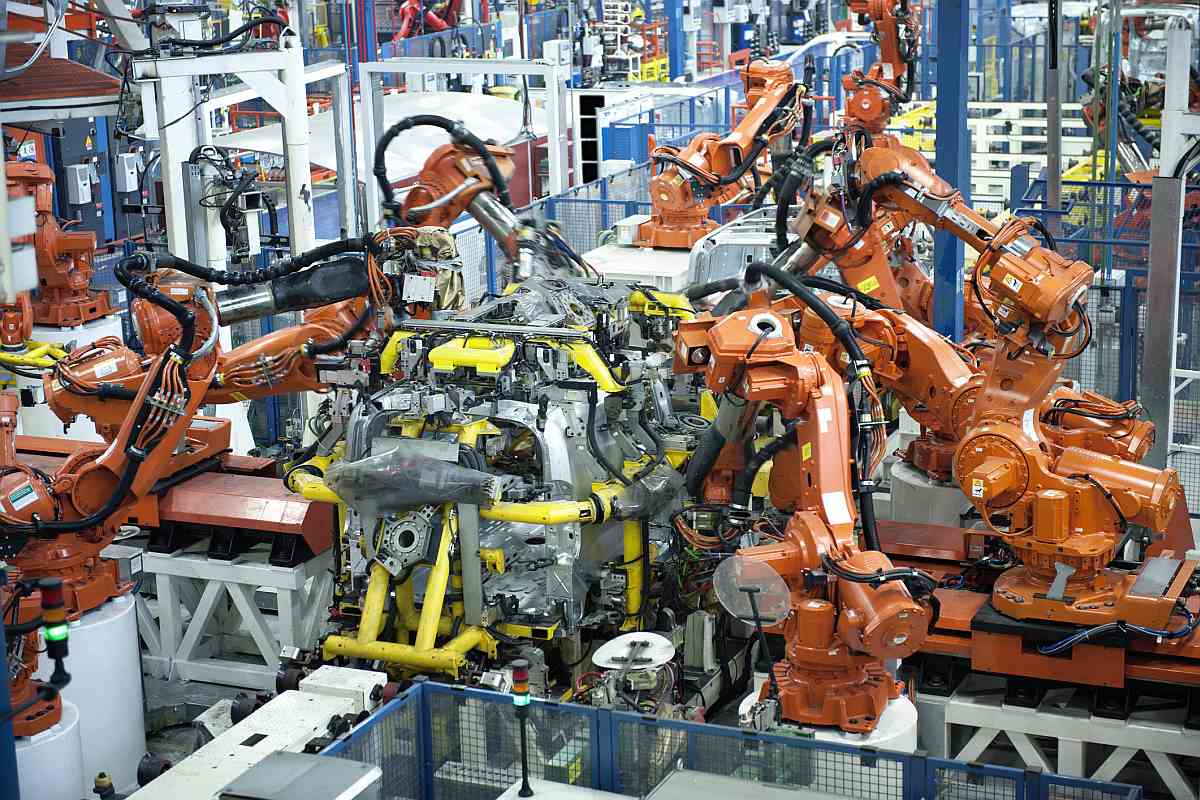CBIC issues revised guidelines for processing GST registration applications
With an aim to quicken the resolution of grievances and smoothen the GST registration process, the Central Board of Indirect Taxes and Customs (CBIC) has issued instructions to the officers for the same.













